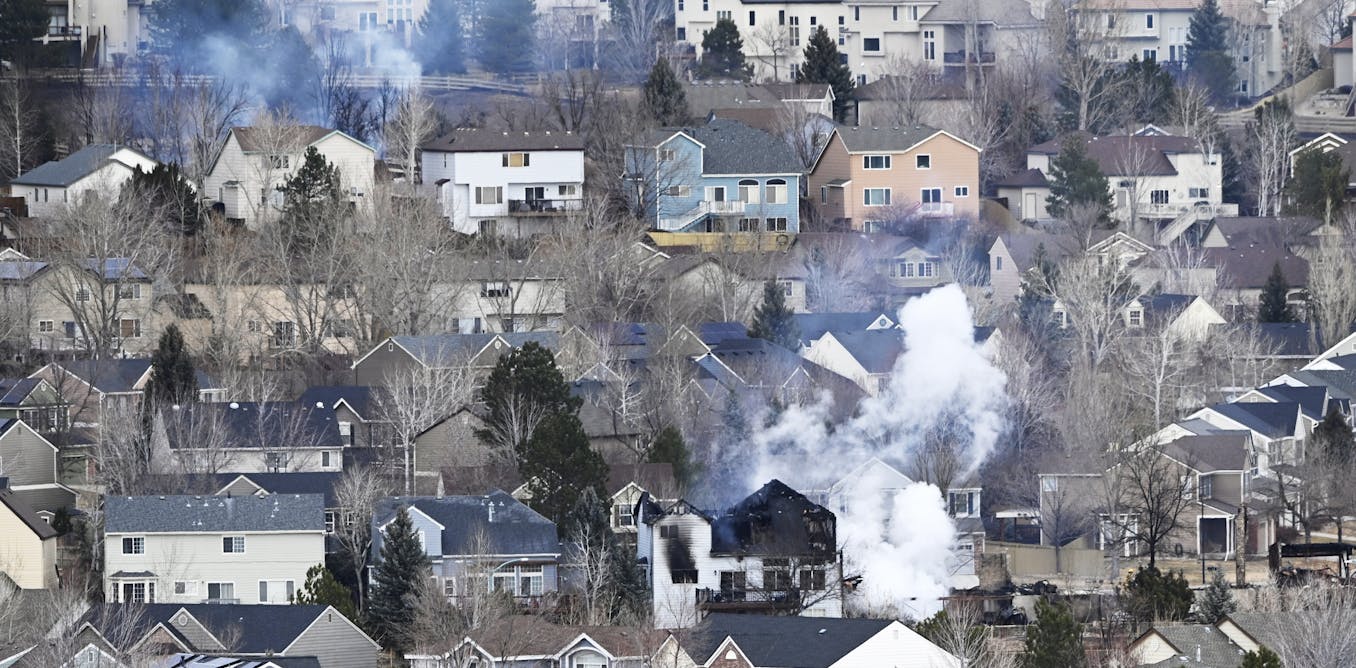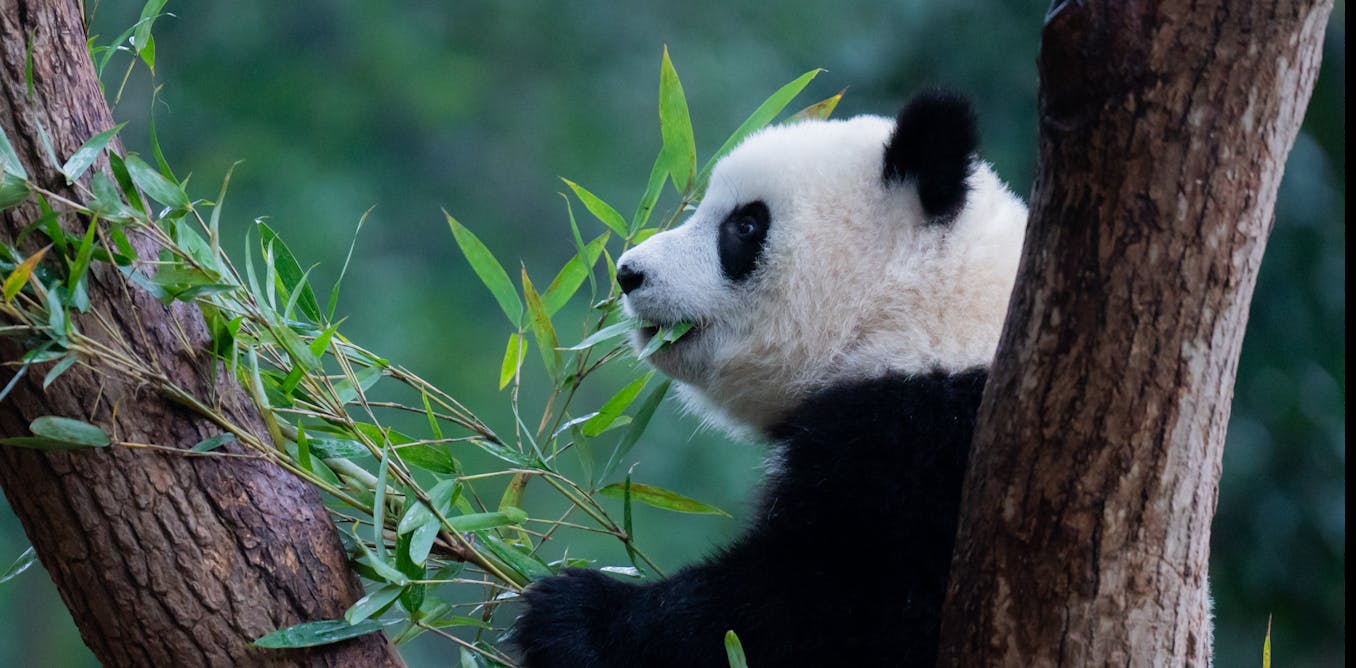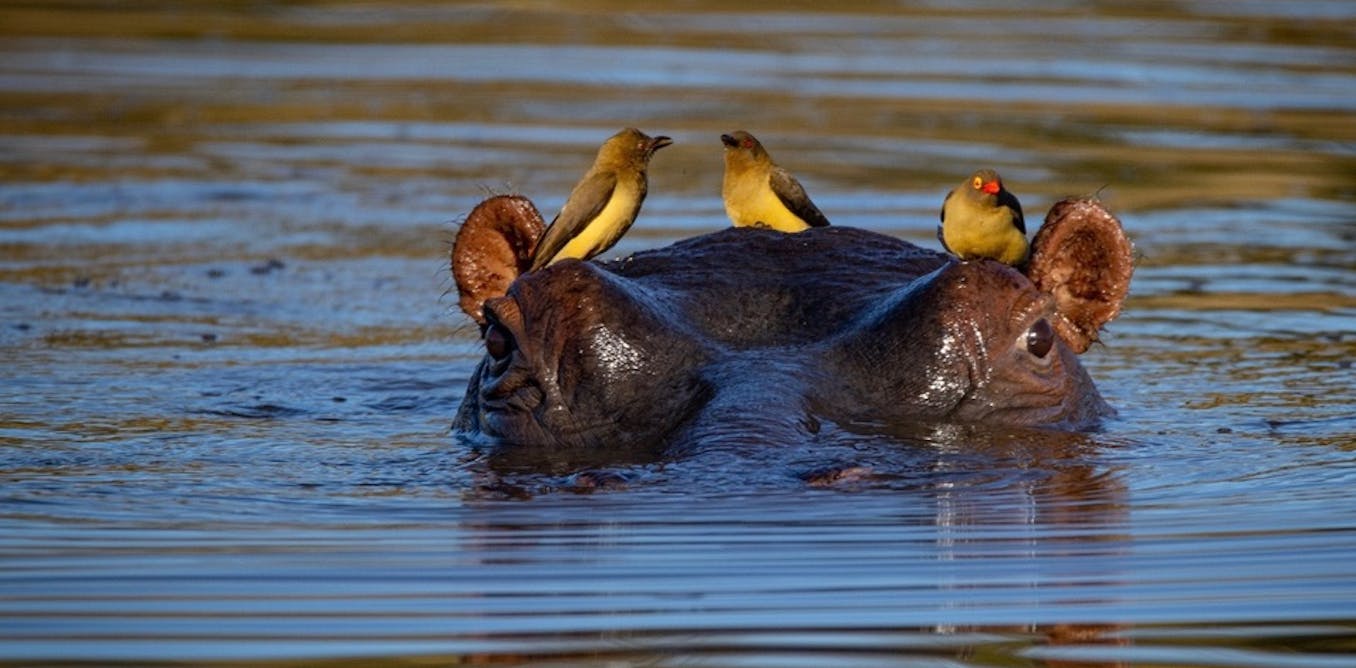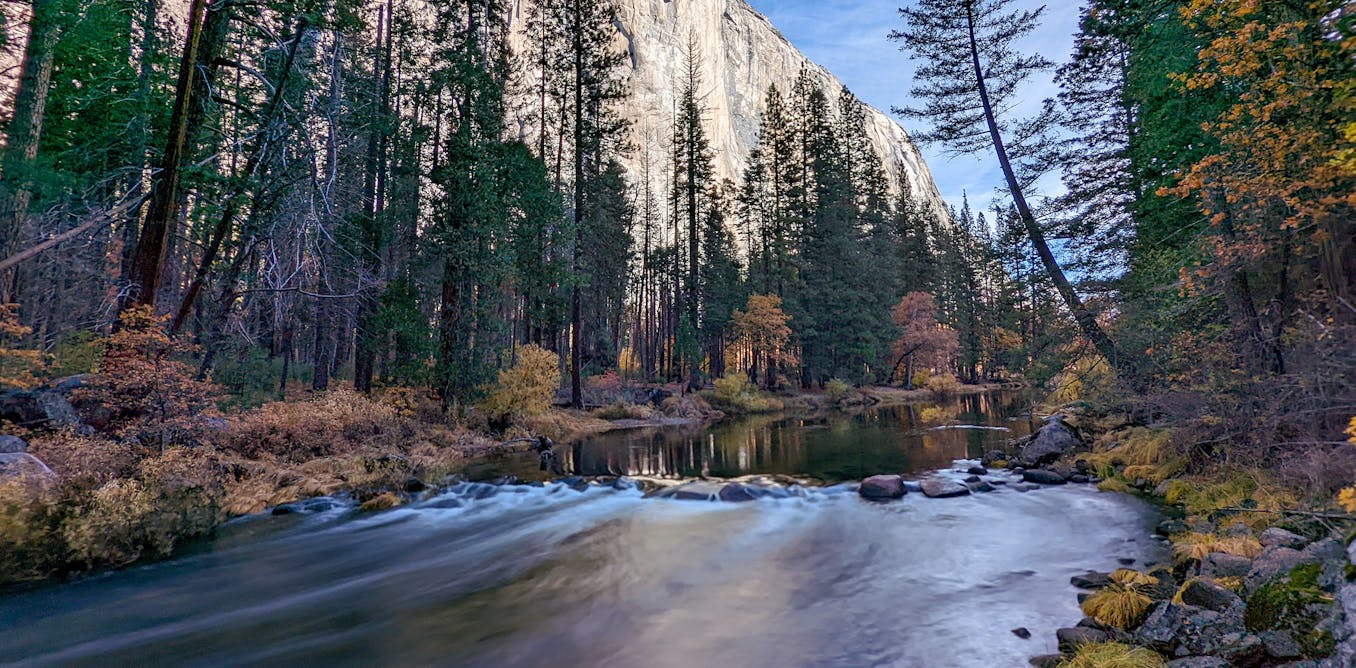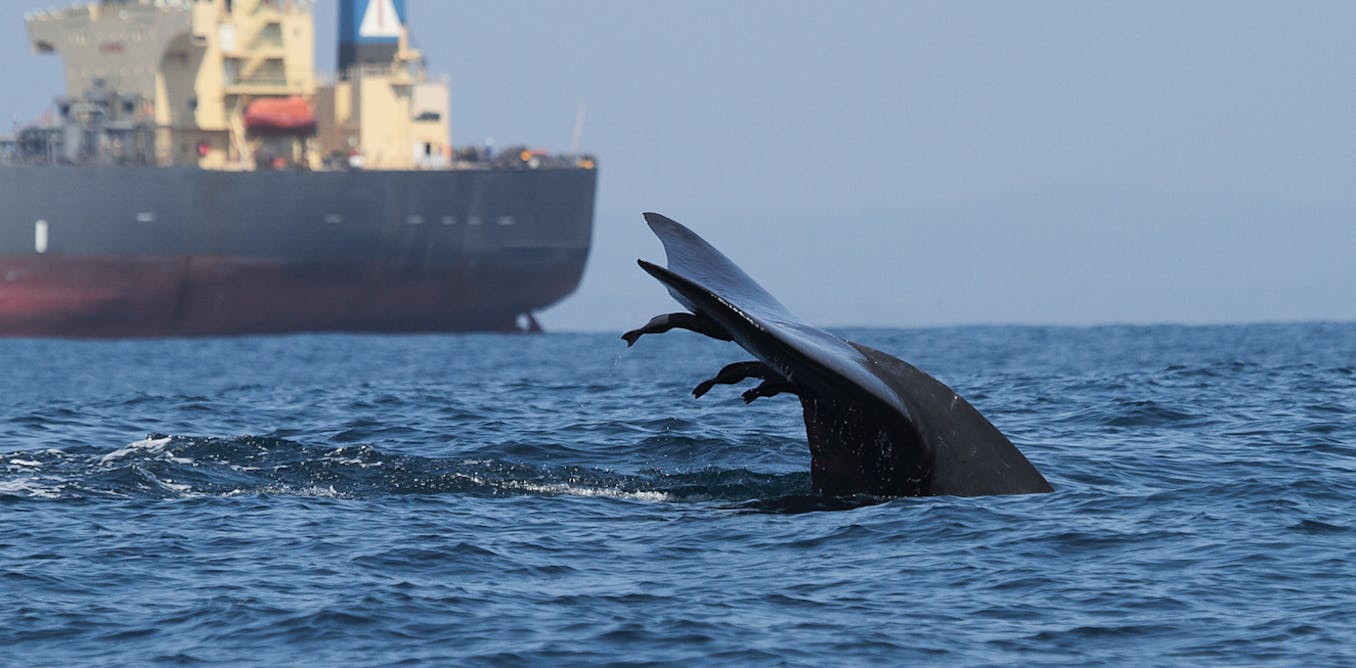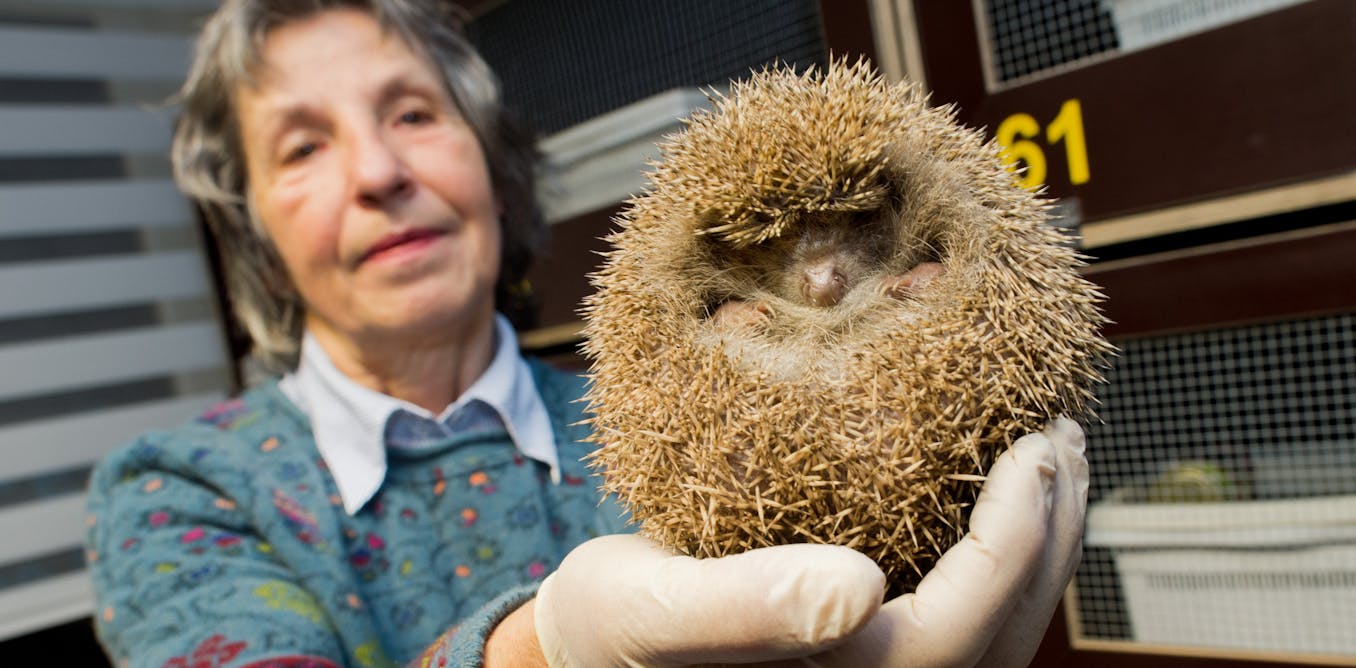3 years after the Marshall Fire: Wildfire smoke’s health risks can linger long-term in homes that escape burning
The fire burned more than 1,000 homes outside Boulder, Colorado, in 2021. A series of surveys shows residents’ continuing health concerns, and tips for how to deal with smoke-damaged homes.
Dec. 23, 2024 • ~8 min

